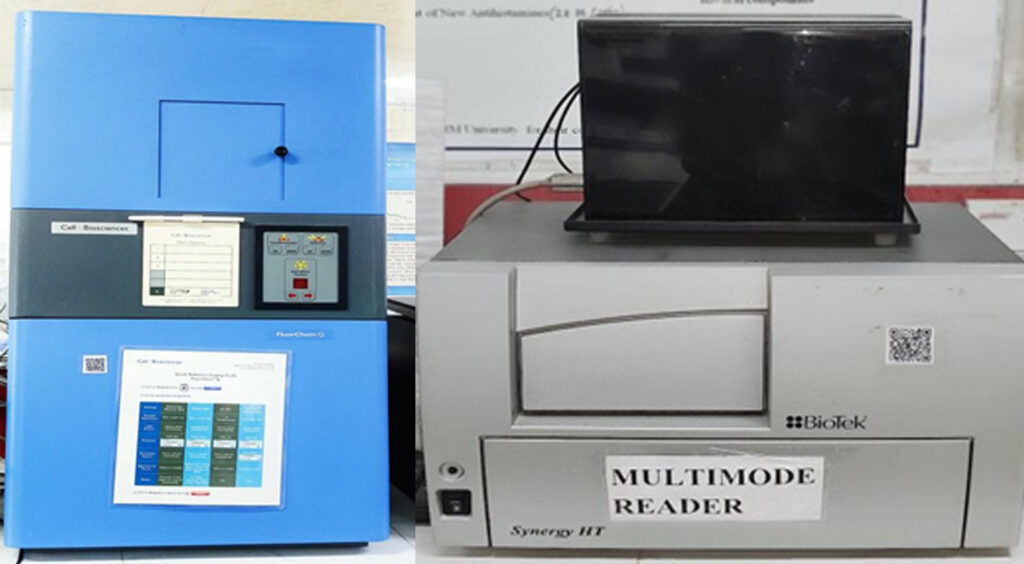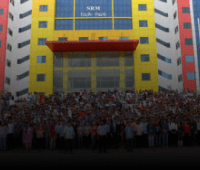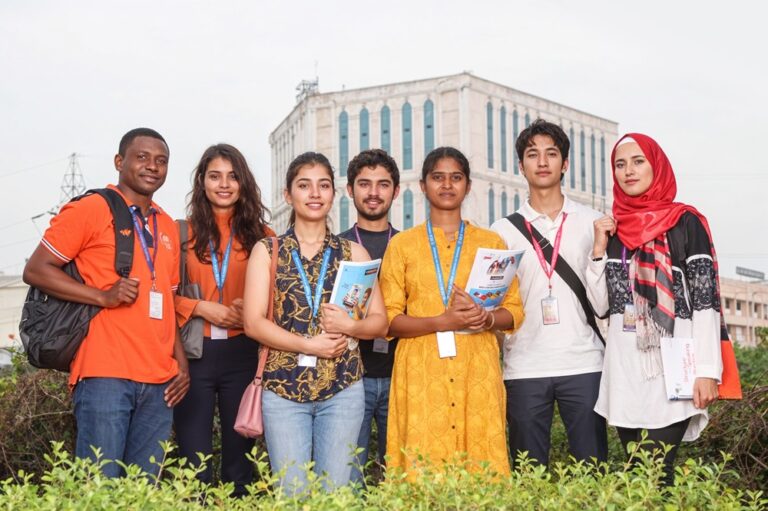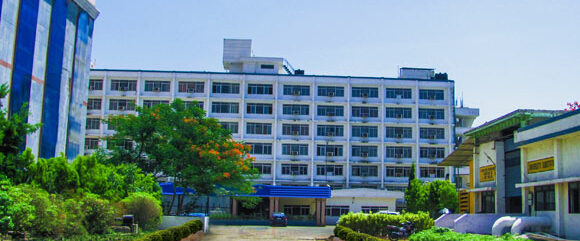
Molecular Immunology Lab
- Home
- Faculty of Engineering & Technology
- Department of Biotechnology
- Molecular Immunology Lab
Development of a new selective H4R antagonist for blocking mast cell activation.
Allergic asthma is a chronic inflammatory disease of the lung characterized by the infiltration of inflammatory cells into the airways, mucus hypersecretion, and airway hyperresponsiveness.
Histamine has long been known to be the mediator that orchestrates inflammatory and allergic responses, acting mainly through histamine receptors.
H4R activation mediates the selective recruitment and chemotaxis of inflammatory cells and mediator release, leading to chronic airway inflammation.
Therefore, we aimed to study the functional characterization of the histamine H4 receptor in human mast cells, to develop a potent antagonist against H4R and to test the compound in an animal model system.

Specifications
- Multimode Reader
- Multi-Imaging system
- Refrigerated centrifuge
- Co2 Incubator
- Inverted Microscope
- pH meter
- Water bath
- Biosafety cabinet
ONGOING RESEARCH PROJECT:
- Project title: Effect of new selective H4Rantagonist N-(2-aminoethyl)-5chloro-1H-indol-2-carboxamides in a mouse model of allergic asthma
Duration : 2019-2021
Funding agency: DST-SERB
COMPLETED RESEARCH PROJECT:
- Project title : Molecular mechanism of Neonatal sepsis
Duration : 2011- 2014
Funding agency : Department of Biotechnology, Government of India.
- Project title:Targeting Histamine H4 Receptor for the development of new antimhistamines
Duration : 2012-2015
Funding agency: Department of Biotechnology, Government of India.
Profile
Mechanism of Il-33 mediated inflammatory response in mast cells.
Characterisation of immunomodulatory peptides derived from millets.
Contact Persons
Dr. E. Berla Thangam
Professor
berlathe@srmist.edu.in

Block Name: School of Bioengineering Room no: B709 Open Door Access Time : 8. 30 am to 7 pm















